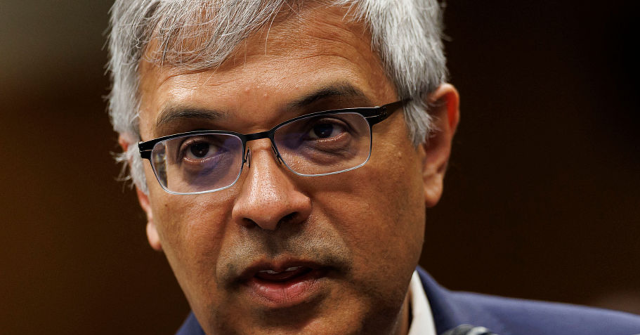By Sidhi Mittal
Copyright edie

The analysis, ‘Power Up: How Clean Energy Is Putting Fossil Fuel Demand in Doubt’, published by the We Mean Business Coalition, Energy Transitions Commission, Ember and E3G, argues that accelerating electrification and falling renewable costs are reshaping energy markets at unprecedented speed.
A decade ago, global investment in fossil fuel supply outpaced clean energy by 1.2 to 1. Today, the equation has flipped.
Clean energy receives twice as much investment as fossil fuels, driving GDP growth and creating millions of jobs. Renewable electricity has surged past 40% of the global power mix, with solar leading the way as the fastest-growing energy source in history.
Between 2023 and 2024, new solar, wind and battery capacity displaced more than 650 terawatt-hours (TWh) of fossil fuel use, more than the entire electricity consumption of South Korea.
The report highlights that electrification is also transforming energy demand across industries. Electric vehicle (EV) sales have risen from 4% to 22% of global car sales in just five years, displacing more than 1.3 million barrels of oil per day. That figure is expected to reach 5 million barrels daily by 2030.
Heat pumps and electrified industrial processes also consume three to five times less energy than fossil-based alternatives, further weakening the case for oil and gas.
We Mean Business Coalition’s chief executive Maria Mendiluce said: “The message is clear: The clean energy transition is accelerating, and fossil fuels are losing ground.
“Business and governments that continue to bank on rising demand for coal, oil and gas are taking on serious risk. The smart move now is to double down on clean energy — it is where growth, jobs and competitiveness lie.”
Fossil fuels face rising risks
The report warns that fossil fuels face mounting structural risks as renewables surge.
Oil demand is nearing a peak this decade, with high-cost producers likely to struggle as electric vehicles (EV) expand. No sector, including petrochemicals, can offset the lost consumption.
The report also highlights that gas for power is becoming uncompetitive as solar and batteries undercut new turbine projects, raising the prospect of overbuilt liquefied natural gas infrastructure. Coal’s decline is already entrenched. Planned capacity has dropped 65% over the past decade, with new projects concentrated in just 10 countries and vulnerable to early retirement.
Businesses are pressing policymakers to accelerate the shift. A survey of more than 1,400 executives across 15 countries found that more than 90% view renewable electricity as critical to new investment decisions.
Half said they would relocate operations if governments fail to support the transition.
Ember’s energy strategist Kingsmill Bond said: “The world is experiencing its most profound energy transformation since the 18th-century shift from biomass to fossil fuels.
“Across countries and sectors, electrotech is proving superior in efficiency, cost and security. It is replacing fossil fuels rather than adding to them – disrupting the fossil fuel industry while creating a new generation of electrotech winners.”



